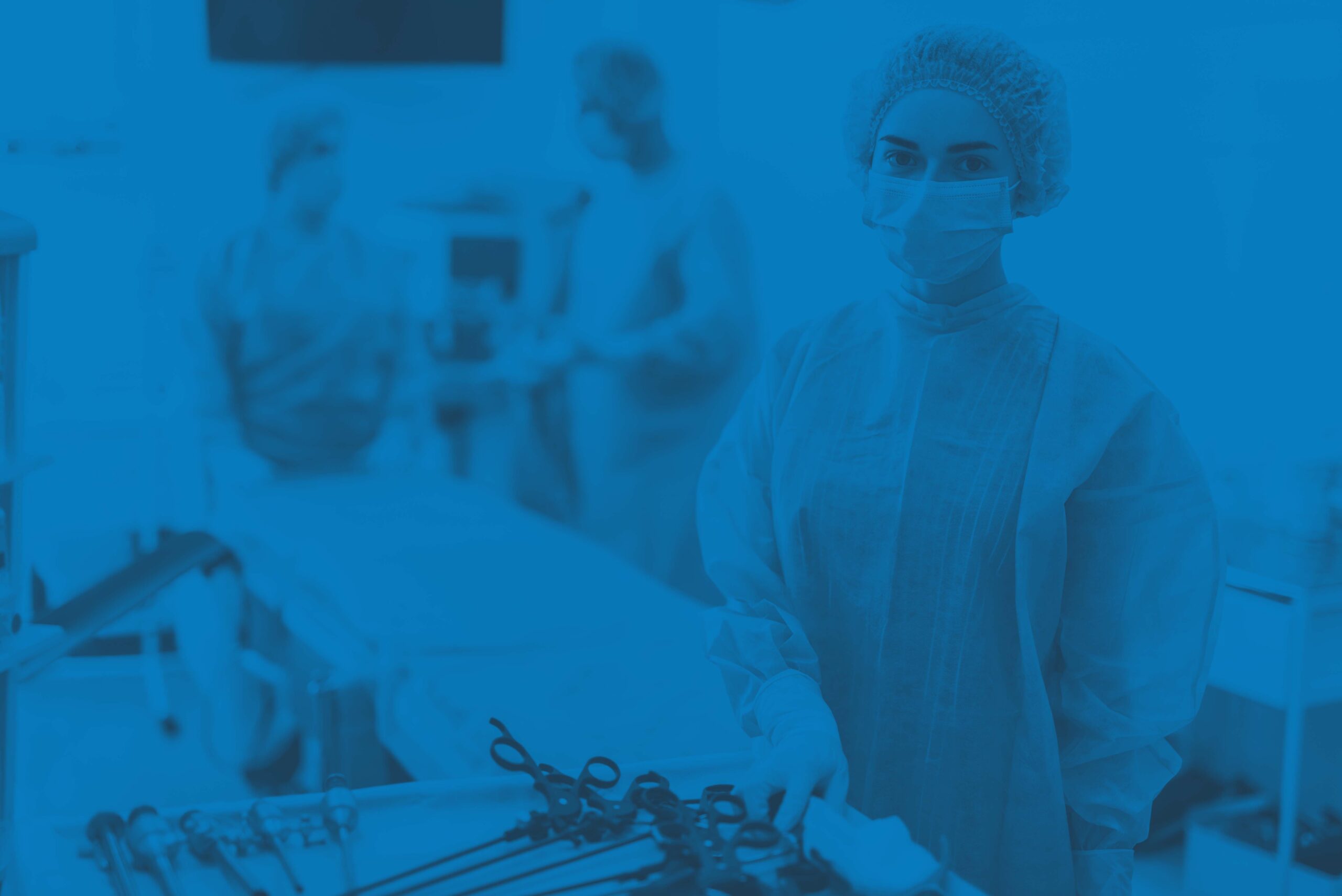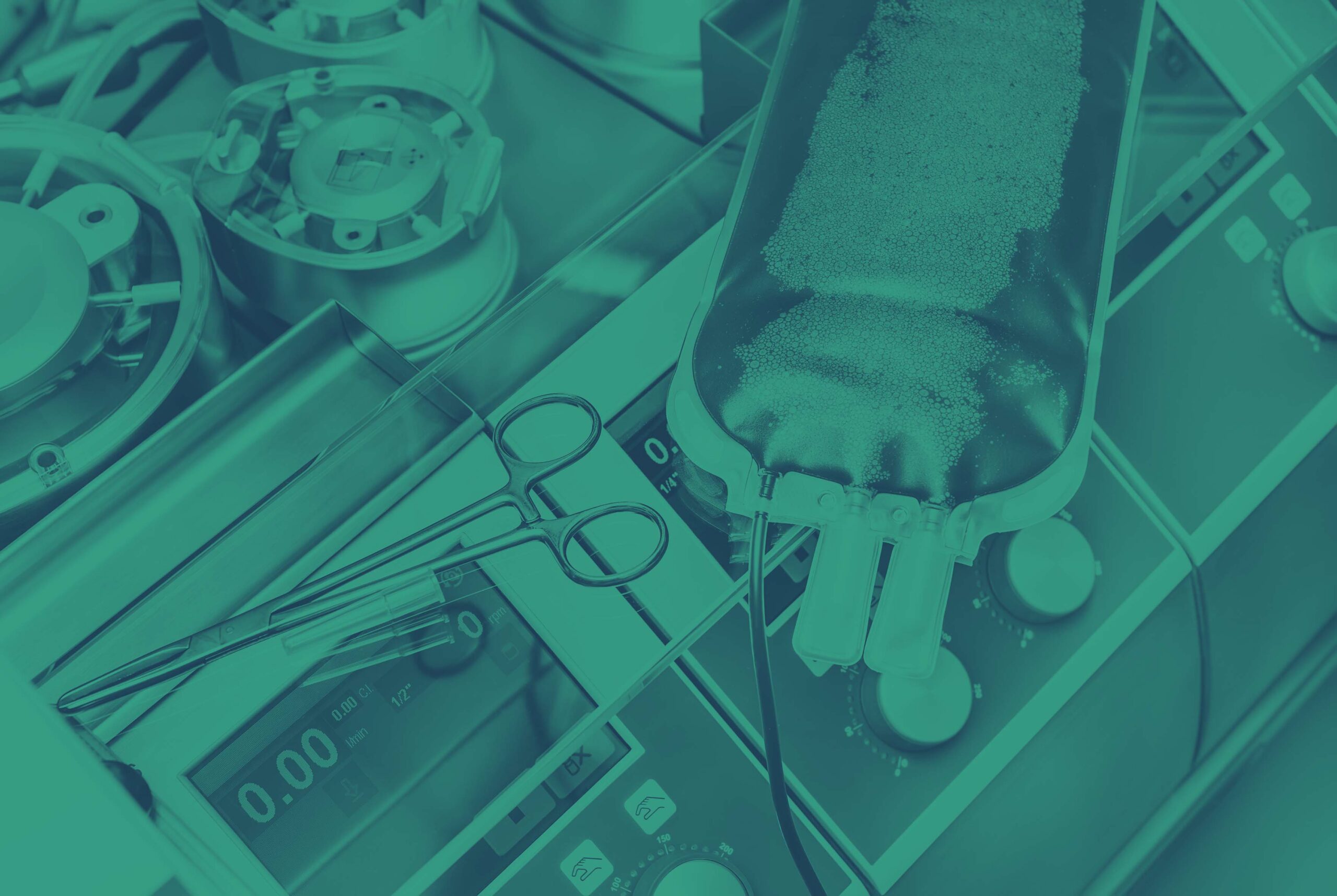

SPECIALTYCARE’S CARDIAC ATS SERVICES
Hospitals can save a significant amount of money every year by avoiding blood transfusions. It’s an easy setup and portable. It also minimizes disease and avoids the negative outcomes that come from pre-donated blood and standard donor blood transfusion.
Autotransfusionists (or autotransfusion technicians) use cell saver machines to clean and filter blood from patients so that it can be given back to them if they need a transfusion. Limiting the use of donor blood reduces the risk of infection and disease. In some hospitals, nurses and other healthcare technicians manage the autotransfusions, but some facilities employ autotransfusion technicians from a specialty company.
In addition, we provide:
- Clinicians that meet the standards set by the Association of periOperative Registered Nurses, the Joint Commission, and the Occupational Safety and Health Administration
- Consistent hands-on management to ensure patient safety and quality
- Clinicians that have passed a strict ability assessment that validates they can work independently
- A variety of cell saver techniques and equipment, including rapid infusion systems
NEED ASSISTANCE CREATING A PROGRAM THAT FITS ALL OF YOUR NEEDS?

CAREERS IN CARDIAC ATS
The main responsibility of this job is the setting up and monitoring of cell saver equipment before, during, and after surgery. Working under the direction of doctors, surgeons, or perfusionists, autotransfusion technicians take a patient’s blood and process it to where it’s suitable to be transfused back into the body. In other words, they clean the blood of the patient during open heart cases. Autotransfusionists sometimes need to use a variety of cell saver techniques and equipment, including rapid infusion systems. The technicians also ensure that all procedures are sterile and meet regulatory compliance standards.
Autotransfusion technicians may need to be flexible and able to manage stressful situations in a stressful hospital setting. Those who work for contract staffing companies and for hospital groups may not work in a single location. In some cases, they may work on-call. Technicians should have solid analytical and problem-solving skills. This job requires an eye for detail and a commitment to following regulations and practice protocols. Technicians work with many types of healthcare professionals and will benefit from good communication skills.
Training and evaluation for SpecialtyCare Cardiac ATS clinical technicians involves three phases:
Phase I: The clinician receives a pre-employment aptitude test
Phase II: The clinician attends a training course at SpecialtyCare University and must pass a comprehensive written exam before on-site hospital employment
Phase III: The clinician is supervised for a predefined number of hours in the field to complete his or her clinical training
SpecialtyCare continues to grow and we would love for you to grow with us. Check out the full listing of employment opportunities nationwide.
615-461-4842

CARDIAC ATS RESEARCH & DATA
SpecialtyCare is on the cutting edge of autotransfusion data and research. Our most recent evidence shows that patient blood management (PBM) strategies offer significant clinical benefits. SpecialtyCare’s most recent research includes a review of gender-based differences that influence transfusion rates, the use of ultrafiltration during cardiopulmonary bypass (CPB), and the effectiveness of acute normovolemic hemodilution and autologous priming in the operating room.
At the American Society of ExtraCorporeal Technology (AmSECT) meeting in 2017, two new studies were presented that examined cardioplegia solutions and techniques and their impact on glucose levels, hemodilution, and transfusion. Another study from the same AmSECT meeting, The Influence of Intraoperative Autotransfusion on Postoperative Hematocrit following Cardiac Surgery, provided even more insight.
Based on 3,225 adult cardiac procedures between February 2016 and January 2017 at 84 U.S. hospitals, the study was designed to evaluate the effects of intraoperative autotransfusion on overall hematocrit (Hct) drift between initiation of cardiopulmonary bypass and the immediate postoperative period.